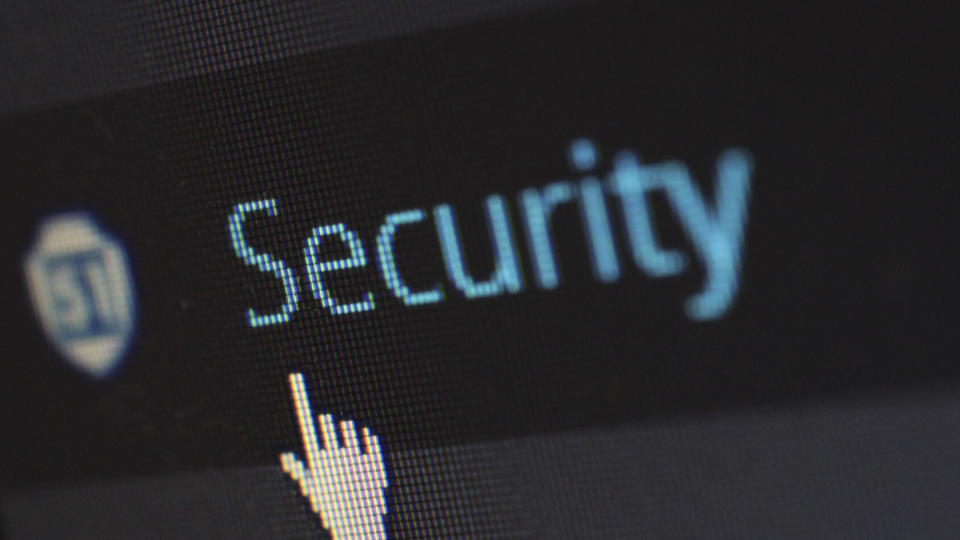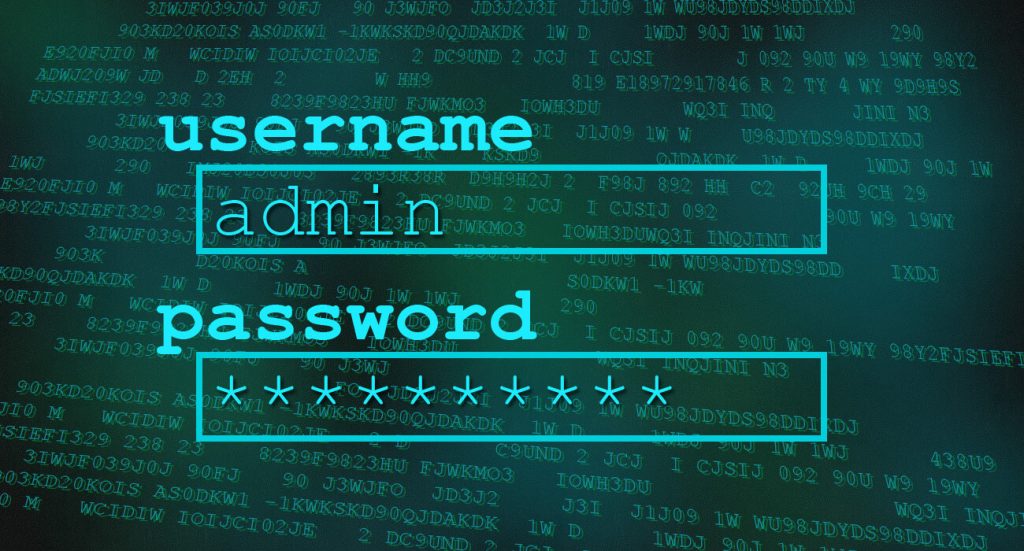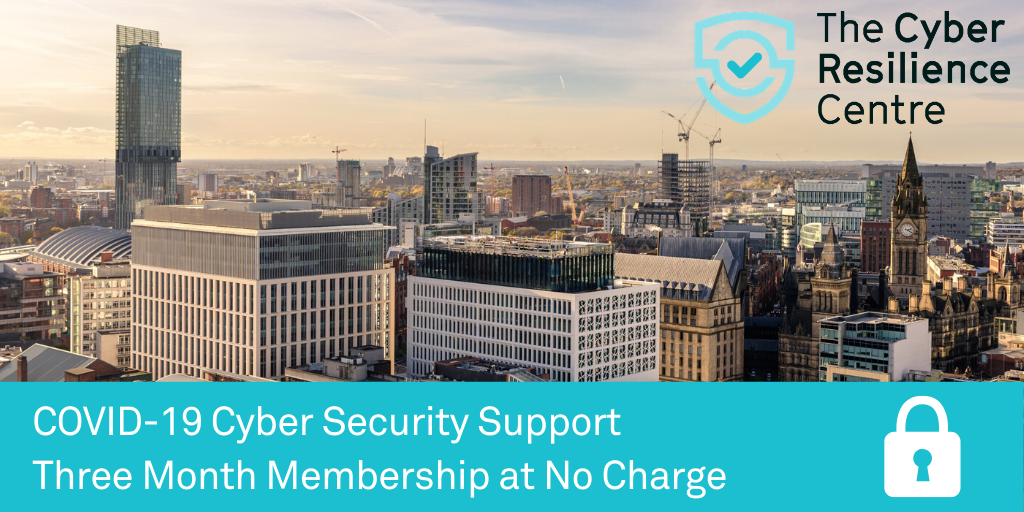
Small businesses aren’t targeted by hackers. Cybercriminals are more interested in larger companies.
In reality, 48% of small businesses identified breaches or attacks in the last 12 months
High-profile stories in the news often trick small and medium-sized businesses into thinking that they won’t be targeted for a cyber-attack. In reality, the opposite is actually true.
Many businesses aren’t targeted specifically but instead are victims of what is known as ‘spray-and-pray attacks when hackers set up automated systems to try to infiltrate businesses randomly. As these attacks are random, any business can be damaged, regardless of size.
Small businesses tend to be ‘soft’ targets, as they are often not prepared against cyber-attacks and don’t have skilled security teams. This makes them more likely to become a victim.
My business has nothing worth protecting from cyber-attacks.
The truth is that every business, regardless of its size, has a value from an attacker’s perspective. Even though you may not face the same threat level as large organisations, the risks are still very real. Here are some reasons why every business needs to prioritise cybersecurity:
Financial data: All businesses store financial information like credit card transactions, which can be stolen by hackers to commit fraud. A data breach could lead to significant financial losses for your business and your customers.
Customer information: They all collect and store personal information about customers, such as names, addresses, and email addresses. This information is valuable to cybercriminals who can use it for identity theft or sell it on the black market.
Intellectual property: Every business has trade secrets or proprietary information that hackers can steal to gain a competitive advantage. Even your business's brand and reputation could be at risk if attackers use your name or logo for fraudulent activities.
Operations: All organisations rely on computer systems and networks to operate. If these systems are compromised, they can disrupt your business operations and cause downtime, lost productivity, and revenue loss.
Password managers are unsafe and a risk to my business.
The idea that password managers are unsafe for use is very common, which is understandable. To most, password managers appear to be a single point of failure; if they get breached or hacked, all my saved passwords get exposed too. This, however, is not the case; password managers use very sophisticated levels of encryption to ensure that threat actors are not successful in viewing any of your passwords, even if they gain access to data.
The National Cyber Security Center (NCSC) says, ‘Password managers are a good thing', which comes as no surprise when you look at their advantages.
They help to elevate password fatigue by reducing the number of passwords you have to remember to just one, the master password for the manager itself
They make implementing better security standards easier by generating secure passwords for you.
They are cross-platform applications, so you can have your passwords securely across all your devices.
There are many standalone password managers available on the market to choose from, and even some built into your browsers, which may be more convenient.
Don't get fooled again; read our full Cyber Security Myths guide.









